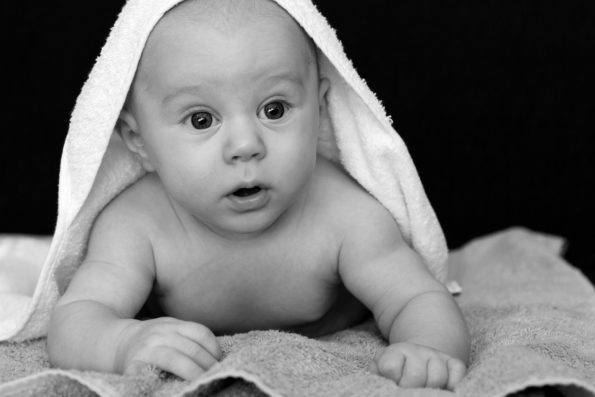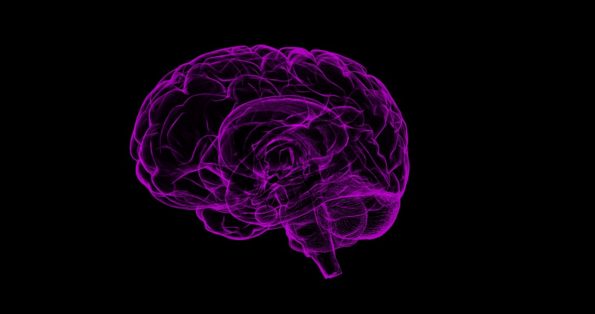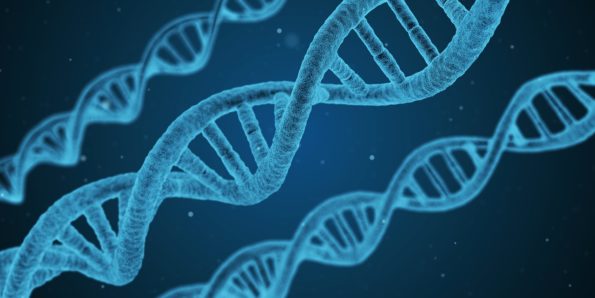During the Holocaust millions of Jews killed by the German government while an entire country looked on, doing nothing to help, nothing to stop the atrocity that was happening. Other world powers fought a war to be sure they and their allies had land and that their enemies would be left in the dust. The war was not fought to save those who were being killed simply because they did not believe in the same things as the majority of the country. Countries fighting in World War II seemed unconcerned about ending the abomination that was the Holocaust. All this left people with no other choice but to question the goodness of themselves, and others. They felt compelled to find answers to unanswered questions like, “Are people born good or evil?” “Is evil something that is taught?” “What really is evil, can it be defined?” “If we are not born with evil then what drives people to do such evil things?” Those in danger of being killed who found safety in other’s houses who hide them from authorities found that maybe there really was some good in the world.
Philosophers and scientist alike have tried to find the answers to these questions and many agree humans are born with a innate goodness and evil is learned.
To prove this, studies have been done and tests run to find out if this is true and, if it is, then why do some people do such horrific things. If evil is something that is learned then what is it taught by, people, events, or a feeling you do not belong? Some people criticize these studies saying that good and evil cannot be defined and therefore cannot be tested but this has not stopped people from trying to find out why we are the way we are.
Whether or not we are born good or evil cannot really be decided though without everyone being able to agree on a good strong definition of good and evil. But it is hard not to believe that everyone is not at least born with the capability to be good and selfless.
Baby, Baby
Babies have yet to be exposed to the world so many psychologists and scientists study them to find out who we are when we are our purest selves. Studying babies can be tricky though they can’t talk to express their opinions and because they have short attention spans studies have to be short and to the point. This doesn’t stop people though from trying to find out what babies are thinking.
Babies are Proof we are Born Moral

Researchers have tried to answer this age-old question by studying babies. Arber Tasimi felt compelled to find out we humans are at their core after he was a victim of a gang initiation and was mugged again a few weeks later while he still had a metal rod in his arm from the last attack. Not only could he not shower or tie his shoes on his own but his spirit had also been broken. When he went to work he parked on the street instead of in the parking garage, even though it meant he had to pay the meter every few hours. While speaking to a Smithsonian reporter he said, “You can’t help wonder: Are we a failed species?” (Tasimi).
So he decided to find the answer.
In his experiment, he showed a puppet show to babies who were around one year old. In the puppet show, there was a lamb struggling to open a box, a green bunny helped while an orange bunny hindered. At the end of the puppet show, both the green and orange bunnies offered the baby a graham cracker and more often than not the baby took the graham cracker from the green bunny.
In response, Tasmimi said, “only my research gives me hope”(Smithsonian.com).
[perfectpullquote align=”right” bordertop=”false” cite=”” link=”” color=”” class=”” size=””]“You can’t help wonder: Are we a failed species?”[/perfectpullquote]
Studies similar to this one that use infants have been criticized by some due to the fact that we cannot truly know what a baby is thinking when they choose the green bunny over the orange one. Other critics have said babies have already learned about right and wrong from their mothers even before they have reached their first birthday.
Are Babies Really as Innocent as we Think?
Feeling that studies like the one Tasmimi did don’t really reflect the morality of babies because of their bright colors and bouncing motions Damian Scarf and his colleagues decided to explore the topic more. Through their experiments, they showed that the infants seemed to base their decisions solely on the bouncing motions of the characters and not on who was helping and who was hindering. After completing the experiment Scarf said,” The study showed that morality was not innate, it is something that develops with experience” (Scarf).
This is only one study though and there are many more that prove exactly what Scarf was arguing against.
Felix Warneken studied children who were slightly older, about two years old. In his experiment, he would drop a pen and struggle to pick it up while the two years watched. The toddlers would then run over and pick up his pen and give to him. To prove that these behaviors are innate and not taught Warneken turned to chimpanzees.
Warneken thought that “the chimps might help, but when they don’t receive a reward the helping [will] drop off over time”(Warneken). After conducting the experiment though he realized “[they] would consistently help when the person was reaching for the object” even when they didn’t receive any rewards for completing the tasks.
To see more about the studies Felix Warneken did go here.
Brainiac

In 1759 Alex Smith said that all humans feel the joy and pain of others so when we do things to cause someone pain we must also feel that pain. Paul J. Zak, who has a Ph.D. in economics, put this to the test by researching chemicals in the brain. (Psychologytoday.com)
In his research, Zak found that “virtuous behaviors are caused by the brain’s release of the neurotransmitter and hormone oxytocin” (Zak). Oxytocin allows us to better show empathy to others making us better human beings. But what happens when we inhibit the release of oxytocin? Zak found by administering testosterone to volunteers that without the release of oxytocin people become less virtuous and “selfishness dominates” (Zak). This tells us why high school guys are less likely to be cooperative.
But are we inherently good? Zak says, “the biological answer is that we have evolved behaviors that increase our chances of survival and reproduction” (Zak). When we are in safe environments we are more likely to be content with where we are at and feel no need to act selfishly. When we are in stressful situations though we will do whatever we can to get to a place where we feel safe. So while there are outliers – people who are pathologically selfish and people who are pathologically virtuous – most people tend to “vacillate between good and evil” (Zak).
Some people criticize this study though saying people’s actions are not purely dictated by the chemical and hormonal makeup of their brains and that you cannot determine someone’s goodness or evilness completely on the oxytocins released in someone’s brains.
It’s all in the Genes
According to Samantha Smithstein, who has a Psy.D., “the function of altruism is partly to promote the survival of our genes and in part to permit the exchange of favors” (Smithstein). To find out more about extraordinary altruism – when someone helps someone else with no benefit to themselves – though Abagail Marsh, who has a Ph.D., and her colleagues at Georgetown University researched and compared the brains of people who display extreme altruism to the brains of psychopaths. The people they studied who were extraordinary altruistic were people who had anonymously donated a kidney to someone in need. Marsh found that the right amygdala, whose primary role in the brain is to process memory, decision-making, and emotional reactions, was bigger in extraordinary altruists then in psychopaths. (pnas.org)

This shows that we are all “hardwired to be kind to others” but that as we are taught to make good choices we enhance the degree to which we are kind to others.
This can raise some questions though, if the reason we are kind to other is to promote survival of our genes and the reason we do others a favor is so the other person will owe us one does that not make us evil? If the only reason we are good is so we ourselves can survive how does that mean that we are not selfish? I guess it really just depends if you think it is okay to act selflessly even if it is for selfish reasons. Because even if you are being kind to others to benefit yourself you are still being kind, right?
Conclusion
If you look at how people act they are more likely to do something that will help society than hurt it. In the modern world in the US there are approximately 6.8 million people who donate blood each year while in 2017 there were 1.25 million hate crimes.
So even in Germany during the Holocaust when so many people were doing so many awful things there were also people who were hiding their friends, neighbors, even strangers. They knew if anyone found out they would be killed but yet they did it anyway. Because people are born inherently good and with a need to help people.
Featured Image by Johannes Plenio via Pexels
